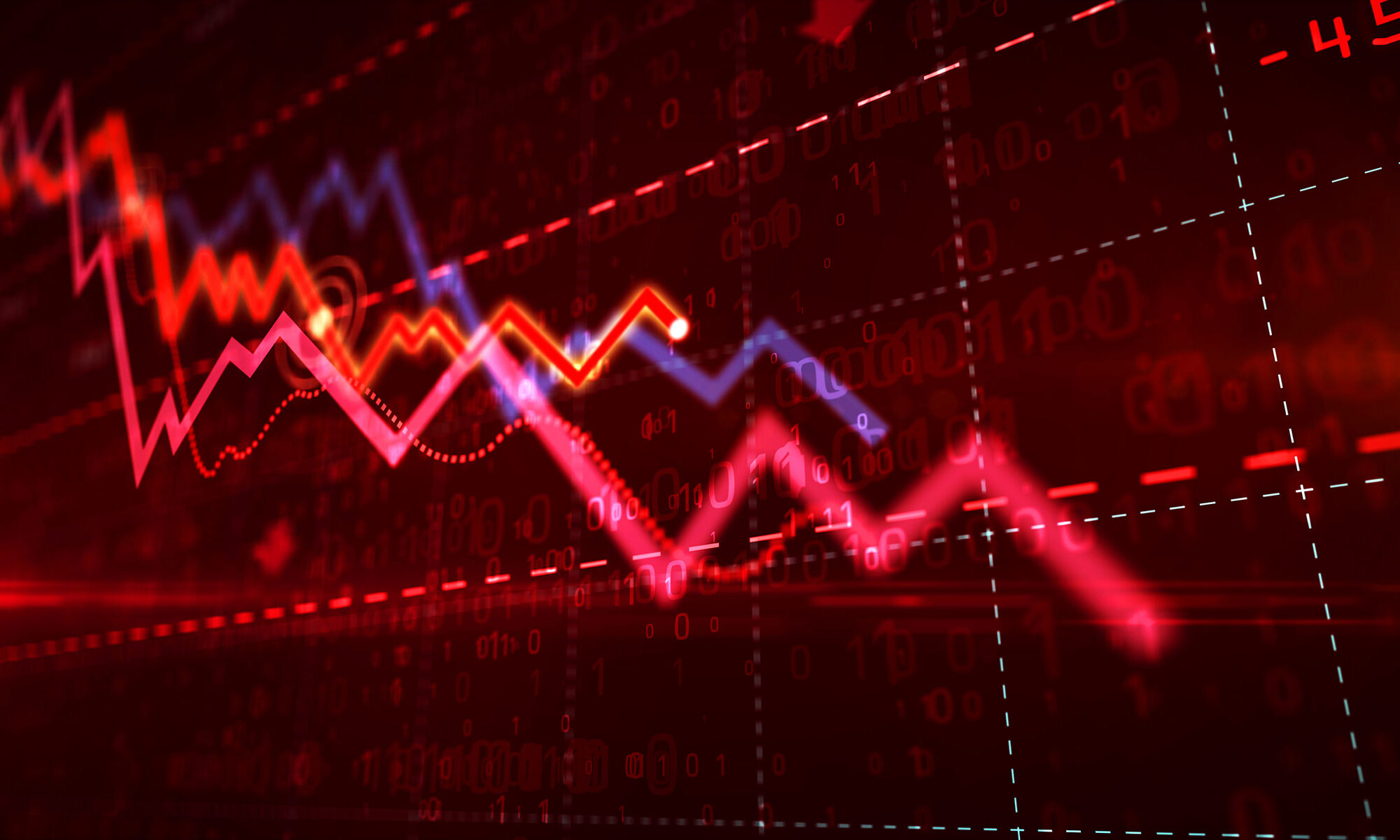Are You Ready for Collapse?

© Skorzewiak / Shutterstock
A year before COVID-19 changed humanity’s view of the world and of its future, Charbonnier attempted to assess the merits of collapsology theory, focusing on the motivation of its promoters. He accurately identifies the marketplace for an increasingly popular genre of literary production, pointing out that “fear is an eminently political emotion, and the production of doomsday scenarios activates our belief systems, our attitudes toward the future, and our sense of good and evil on a very deep level.” These are clearly recipes for producing best-sellers.
In other words, it makes good business sense to predict catastrophic global collapse. Charbonnier accuses collapsologists of hoping to “reinstate” the “fervor and submission” associated with “millinarianist warnings” from the historical past. He calls the contributors a “community of believers,” but nevertheless distinguishes these fanatics from serious anthropologists such as Jared Diamond or philosophers such as Walter Benjamin, reasonable and reasoning thinkers who describe in scientific terms the process through which civilizations decline.Clearly, Charbonnier doesn’t believe a collapse is imminent, which doesn’t necessarily mean that he adheres to Steven Pinker’s style of optimism. Charbonnier wrote his article in 2019, offering it as his contribution to a debate that had come to life in French intellectual circles at that time. Following a never-ending pandemic, would he make the same judgment today?